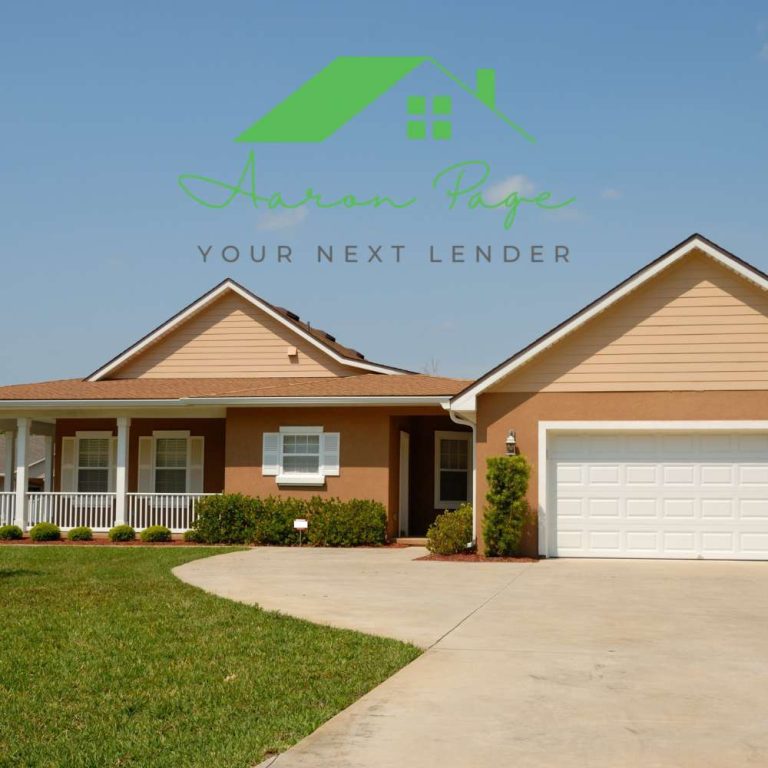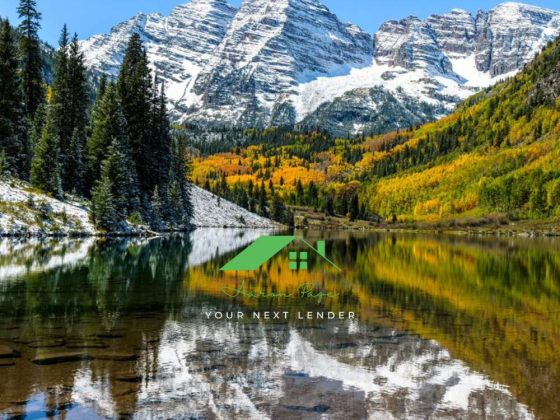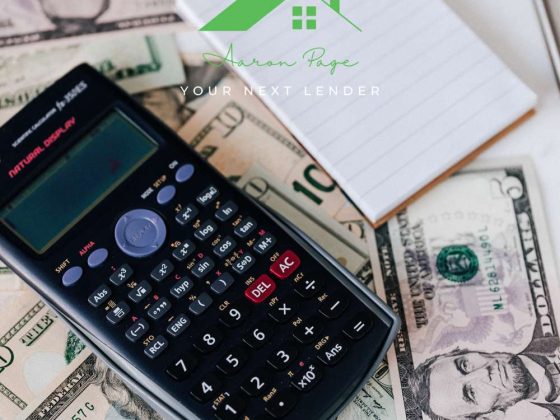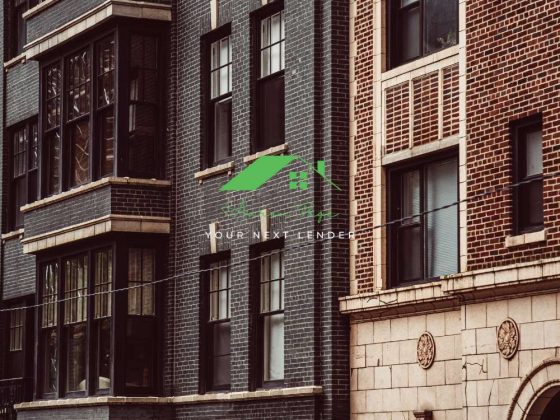You’ve done it once and now you’re considering round two! Buying a second home – whether as a vacation getaway, an investment, or for a family member – is a significant and exhilarating undertaking. But with this endeavor come unique challenges and considerations. Whether you’re daydreaming of beachside escapes or mountain hideaways, let’s explore the intricacies of purchasing that second abode.
Why a Second Home? The Pull Factors
1. Vacation Spot: Tired of hunting for vacation rentals? Having a go-to retreat can make holidays more relaxing and personal.
2. Investment Opportunity: Real estate often appreciates over time, making a second property a potential source of passive income.
3. Family Reasons: Maybe you’re considering a place for an aging parent or a launching pad for a young adult in college.
4. Tax Benefits: Depending on your circumstances, there might be tax incentives tied to owning a second property.
The Mortgage Maze: Navigating Financing
Here’s the million-dollar question (sometimes literally): how are you going to finance your second home? The mortgage landscape for a second home differs slightly from your primary residence.
1. Down Payment: Lenders often require a larger down payment for second homes, sometimes up to 30%. They view second homes as riskier investments, so they’ll want you to have more skin in the game.
2. Interest Rates: Don’t be surprised if the interest rates are a tad higher than what you’ve seen for primary residences.
3. Debt-to-Income Ratio: Lenders will scrutinize your ability to manage two mortgage payments. Ensure your financial house is in order and be prepared for a thorough vetting process.
Location, Location, Location!
Deciding on a location for your second home is more than just picking a favorite vacation spot. Consider factors like:
1. Proximity: If it’s a vacation home, how easily can you get there? If it’s too far, you might not visit as often as you’d like.
2. Local Real Estate Market: Research the area’s property values and potential growth. Is it a buyer’s or a seller’s market?
3. Future Plans: Consider if you might retire in this second home or if it’s merely a temporary love affair.
Costs Beyond the Mortgage
A second home isn’t just about the purchase price and the mortgage. There are other costs that can (and likely will) pop up.
1. Maintenance: If you’re not living in the home year-round, you’ll probably need a property manager or a local contact for maintenance issues.
2. Utilities: Even if you’re not there, utilities like water and electricity might need to stay on.
3. Insurance: Insurance for a second home, especially in areas prone to natural disasters, can be pricier than your primary residence.
4. Travel: If you’re frequently traveling to your second property, these costs can add up quickly.
Making the Second Home an Investment
Many folks transform their second homes into sources of income. Renting out the property when you’re not using it can help offset costs. But, bear in mind:
1. Rental Market: Is the property in a high-demand area? Off-peak seasons can impact rental income.
2. Maintenance Costs: Renters might result in more wear and tear.
3. Tax Implications: Rental income is taxable. However, you might be able to deduct rental expenses.
Final Takeaway: Take the Leap, But Look Before You Jump
Securing a second home can be a source of joy, relaxation, and potentially, profit. But it’s a decision that needs careful consideration, research, and planning. Understand the mortgage intricacies, the additional costs, and the responsibilities that come with this investment. As with any significant venture, knowledge is power. Equip yourself, consult professionals, and when you’re ready, dive in! Here’s to new memories and adventures in your second home.




